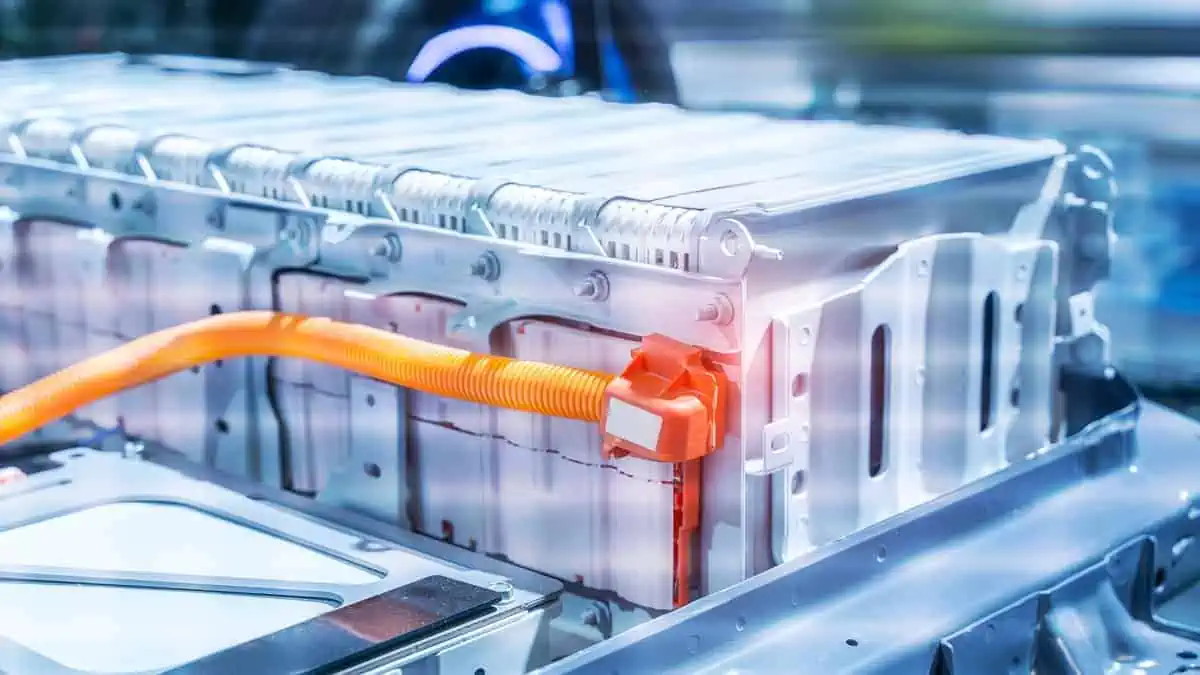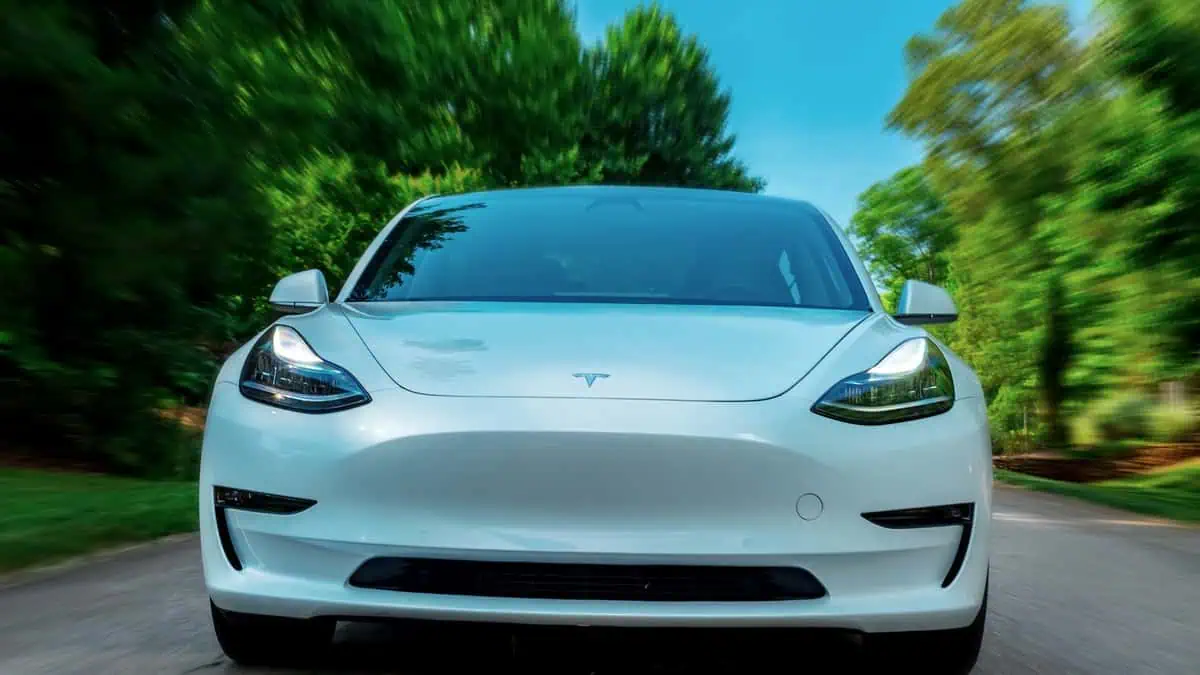BMW aims to significantly expand its power battery production at its Shenyang manufacturing facility through a $1.4 billion investment. The Chinese local government and the German automaker reportedly inked an agreement on November 11, as per CnEVPost.
About the power battery project
BMW Brilliance, a joint venture between BMW and China, is funding the new power battery project. The JV is investing roughly 10 billion yuan ($1.4 billion) as BMW strives to penetrate the largest NEV market in the world.
It is worth noting that the power battery project adheres to the BMW iFACTORY production approach. As for the site, it is based in the Sino-German (Shenyang) High-End Equipment Manufacturing Industrial Park.
Furthermore, this project is expected to dramatically increase BMW’s capacity to produce power batteries in China.
That said, it will serve as the starting point for a new stage in BMW’s shift to electrification. According to the press release, it will also promote the most recent technology of the German automaker Group in the Chinese NEV market.
BMW’s commitment to China’s NEV market
BMW Group Chairman Oliver Zipse stated that China would continue to be one of the company’s most significant markets during his November 4 trip with German Chancellor Olaf Scholz.
It is no doubt that BMW has a long-standing effort in the Chinese market. As per BMW, the debut of the new battery project supports that commitment.
Remarkably, BMW became the first premium automaker to open a power battery facility center in China. In fact, the power battery center of BMW Brilliance was inaugurated in January 2017.
The second phase of the battery center was launched in September 2020. With a capacity that exceeds that of the first phase, it is BMW’s first international production facility for 5th-gen power batteries.
Meanwhile, the 100,000th power battery left the factory’s production line in August 2021.
It is no doubt that BMW has increased its production capacity in Shenyang this year. In April, the BMW Brilliance Dadong factory finished the product upgrade project.
Furthermore, the Lydia facility in Tiexi, Shenyang, officially opened its doors in June.
North China University of Technology researcher Zhang Xiang claimed that China’s entire auto supply chains and cutting-edge auto production technology are a factor in global automakers’ choice to raise investment in the country. Zhang stated:
“Take BMW for example, if it operates factories in other countries but exports most of its products to China, it would increase costs such as shipping costs, tariffs, etc., thus reducing competitiveness. prices of their products.”






